On July 19, 1940, Adolf Hitler addressed the German Reichstag, appealing to Great Britain to avoid the "destruction of a great world empire." Hitler's message to Britain was an indirect threat.
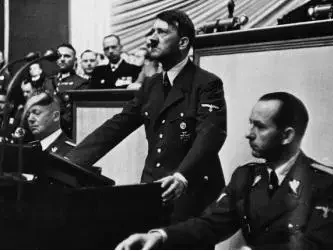
He had expected Britain's surrender following France's fall in June 1940. He believed that Britain, isolated and without European allies, would seek peace. Hitler ordered preparations for an invasion of Britain, codenamed Operation Sea Lion, aiming for a quick victory and end to the war.
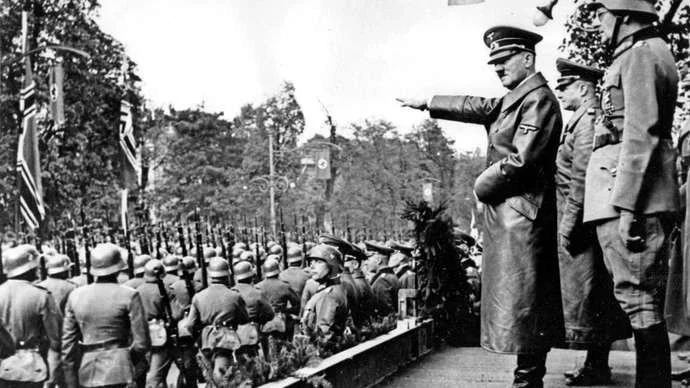
Despite expressing his desire for peace, Hitler warned that rejection would lead to a full-scale Axis attack. However, Great Britain, under Winston Churchill, did not surrender. The Battle of Britain, fought in the summer and autumn of 1940, saw the Royal Air Force (RAF) successfully defend against the German Luftwaffe, preventing it from achieving air supremacy.
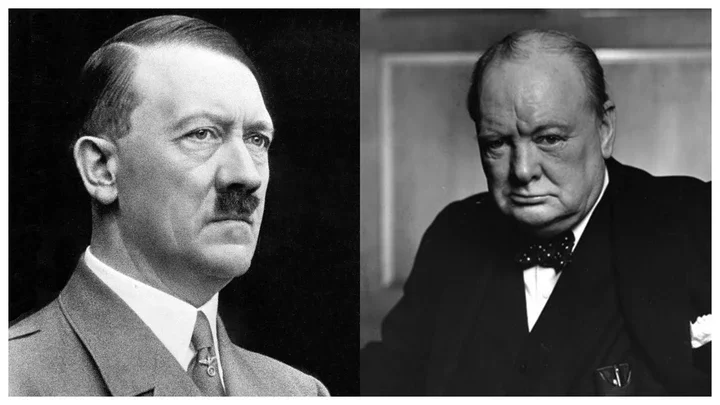
This German failure was a significant factor in Hitler's decision to postpone and eventually abandon Operation Sea Lion, marking a crucial setback in his plans for a swift victory.
Other key events on this day
1. British Prime Minister, David Cameron, visited Nigeria - 2011
2. The United Kingdom froze 100 million pounds of assets of Syrian leaders - 2012.
3. Lady Jane Grey deposed as Queen of England - 1553
4. America bombed Rome - 1943
5. King Henry VIII's flagship, Mary Rose, sank at Portsmouth; 73 die - 1545
6. Steamship SS Great Britain was launched: the first ocean-going craft and the largest vessel afloat in the world - 1843
7. First US women's rights convention held in Seneca Falls, NY - 1848
8. Captain America: The First Avenger premiered - 2011
9. "Despacito" by Luis Fonsi ft. Daddy Yankee became the most streamed song ever, played 4.6 billion times - 2017
10. The largest wind farm in Africa opened at Lake Turkana, Kenya, generating 310 megawatts - 2019.




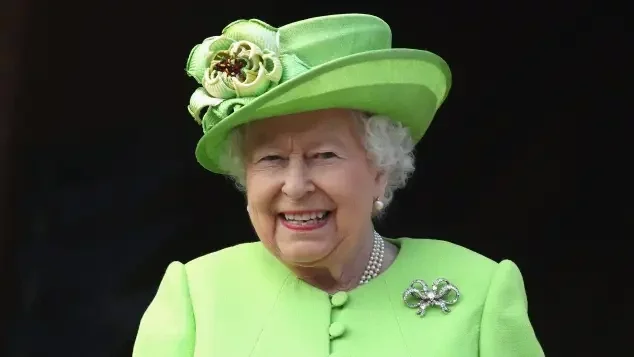









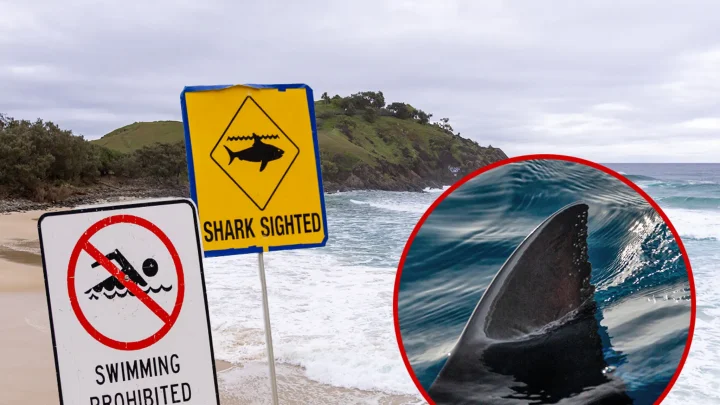


Comments